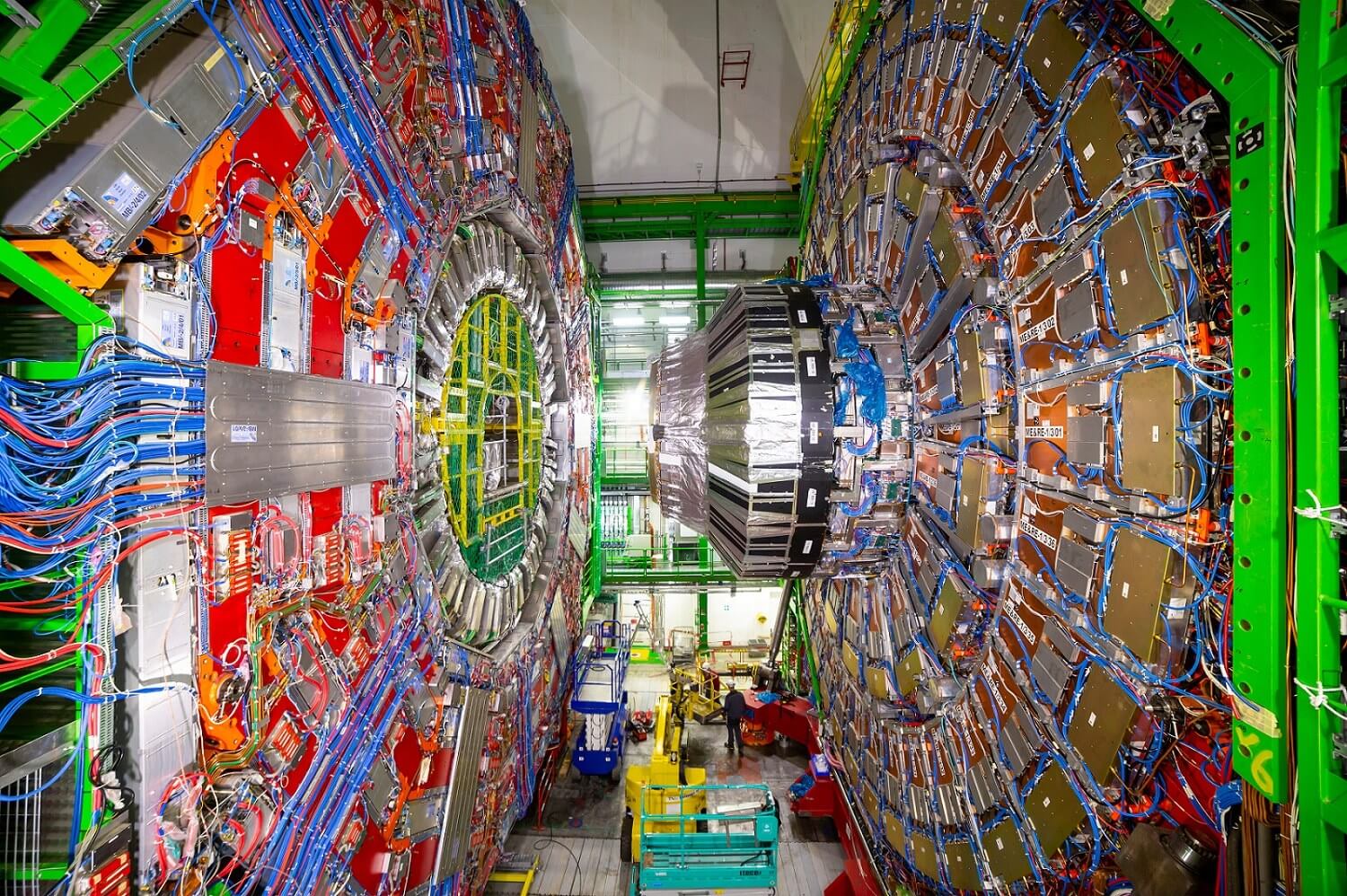Forward-looking: At over 16 miles in length, the Large Hadron Collider (LHC) is an incredible feat of human engineering, but a new super-collider that’s been approved by Cern makes the LHC look small in comparison. With a circumference of over 62 miles, the Future Circular Collider (FCC) would be four times bigger and six times more powerful than the current particle-smashing machine and cost $23 billion dollars.

The European Organization for Nuclear Research, better known as Cern, has approved plans for the FCC, which would allow physicists to study the Higgs boson with more precision, learn more about dark matter, and search for new particles and other mysteries.
After Peter Higgs and five other scientists theorized the Higgs boson particle in 1964, it was first detected by Cern using the LHC in 2012.
Speaking about the Future Circular Collider, Cern said: “Such a machine would produce copious amounts of Higgs bosons in a very clean environment, would make dramatic progress in mapping the diverse interactions of the Higgs boson with other particles and [allow] measurements of extremely high precision.”
Assuming the financial backing is secured, construction could begin by 2038, and it will take around ten years to build the new machine, meaning it wouldn’t be operational until the 2040s. The first step involves a geological survey to ensure there are no underground lakes or other features beneath the Geneva site.
The FCC’s $23 billion cost will require investment from EU member states and Cern participants, along with a commitment to continue funding into the 2050s. Cern may also need to turn to other nations for financial help, including the US, China, and Japan.
As reported by The Guardian, the plan is for the FCC to be built in two stages. The first would involve the machine colliding electrons and positrons to maximize production of Higgs bosons. It’s hoped that by the 2050s, a second version could be smashing protons together with an energy of 100 teraelectronvolts (TeV)–around six times more than the LHC’s capability—which could uncover new phenomena.
The new super-collider would also allow scientists to study more precisely how Higgs bosons decay—some theorize that they decay into dark matter particles.
The current Large Hadron Collider is in the process of being upgraded and is due to restart in May next year, running until the end of 2024. Its final run is expected to begin at the end of 2027.
Image credit: Belish
https://www.techspot.com/news/85717-new-super-collider-approved-cern-62-miles-long.html
